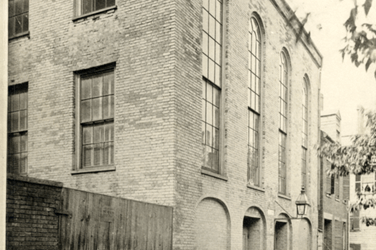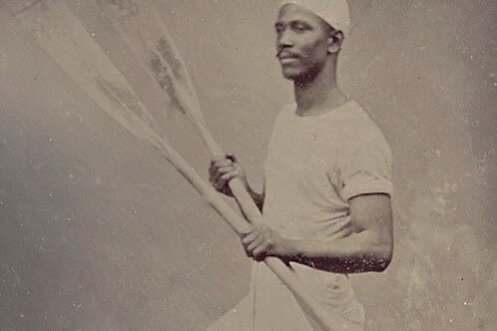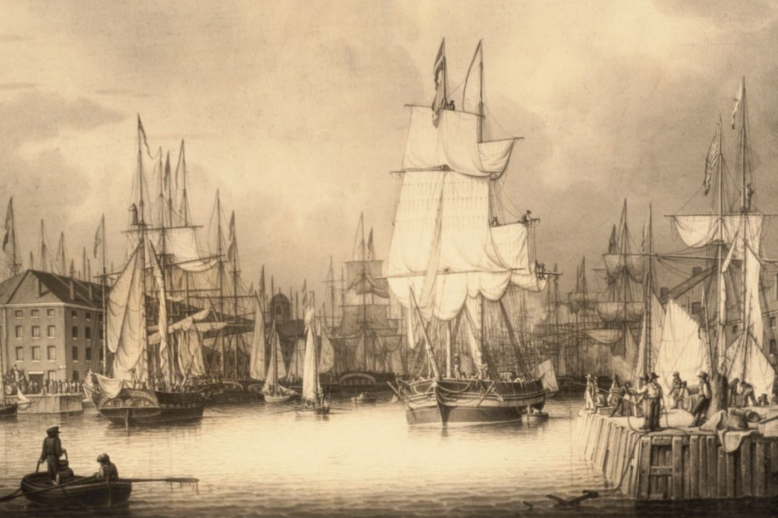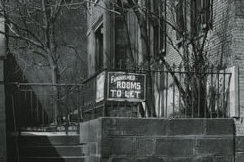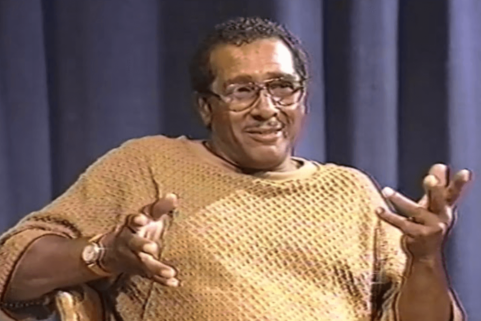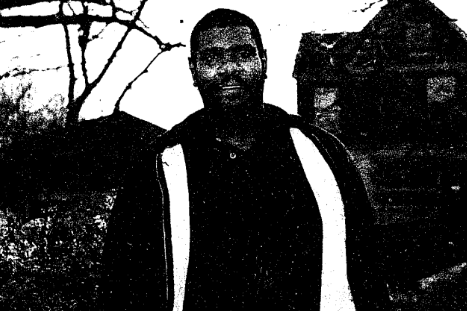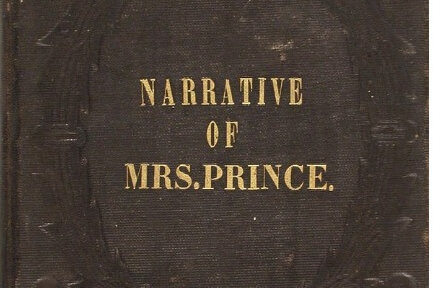Topic: African Americans
Black West Enders, other Black Americans
The 1830s was a transformative decade for Boston’s Black community, characterized by the intersecting forces of burgeoning abolitionist activism and escalating urban segregation. This resulted in the growth and consolidation of the Black population in the West End on the North Slope of Beacon Hill.
When professional rowing was the biggest sport going, Frenchy Johnson burst out of the West End to become the fastest oarsman in Boston, and among the first African-American athletes to achieve national recognition. And rowing wasn’t even his best sport.
In 1847, sixty-six former slaves arrived at Boston’s Long Wharf. One of the group’s members, Peter Randolph, was instrumental in securing the former slaves’ freedom and the compensation promised to them. Randolph and others from the sixty-six became active members of the West End community.
As emancipated men, women, and children migrated north after the Civil War, the need for Black boarding houses increased greatly. In the West End a large concentration of Black, women-operated boarding houses became home for many of these newly-freed people.
Boarding Houses played an important role in the housing system during the age of industrialization and immigration in Boston and the West End. Along with lodging and rooming houses, they were the only alternative for those in need of affordable and transitional living space in the neighborhood until the arrival of tenements and apartment buildings. Boarding houses also offered women of the period one of the few ways to earn a decent income.
Richie Nedd was one of the historic West End’s Black residents and a board member of The West End Museum before his passing in 2011. Nedd’s article for the June 1998 issue of The West Ender, “A Black Man’s View of the West End,” features he and other Black residents coming together in reunions of hundreds of West Enders after urban renewal.
John Moore understood himself to be a West Ender when he grew up on Grove Street on the north slope of present-day Beacon Hill. The demolition of fifty acres of the historic West End and the preservation of the Beacon Hill Architectural District were simultaneous, influencing popular perceptions of the boundaries not just of Boston’s contemporary neighborhoods, but its historic ones as well.
Nancy Gardner Prince’s world travel and experiences were unique for a 19th century Black woman, yet she still suffered from many of the harsh trials facing her people.


